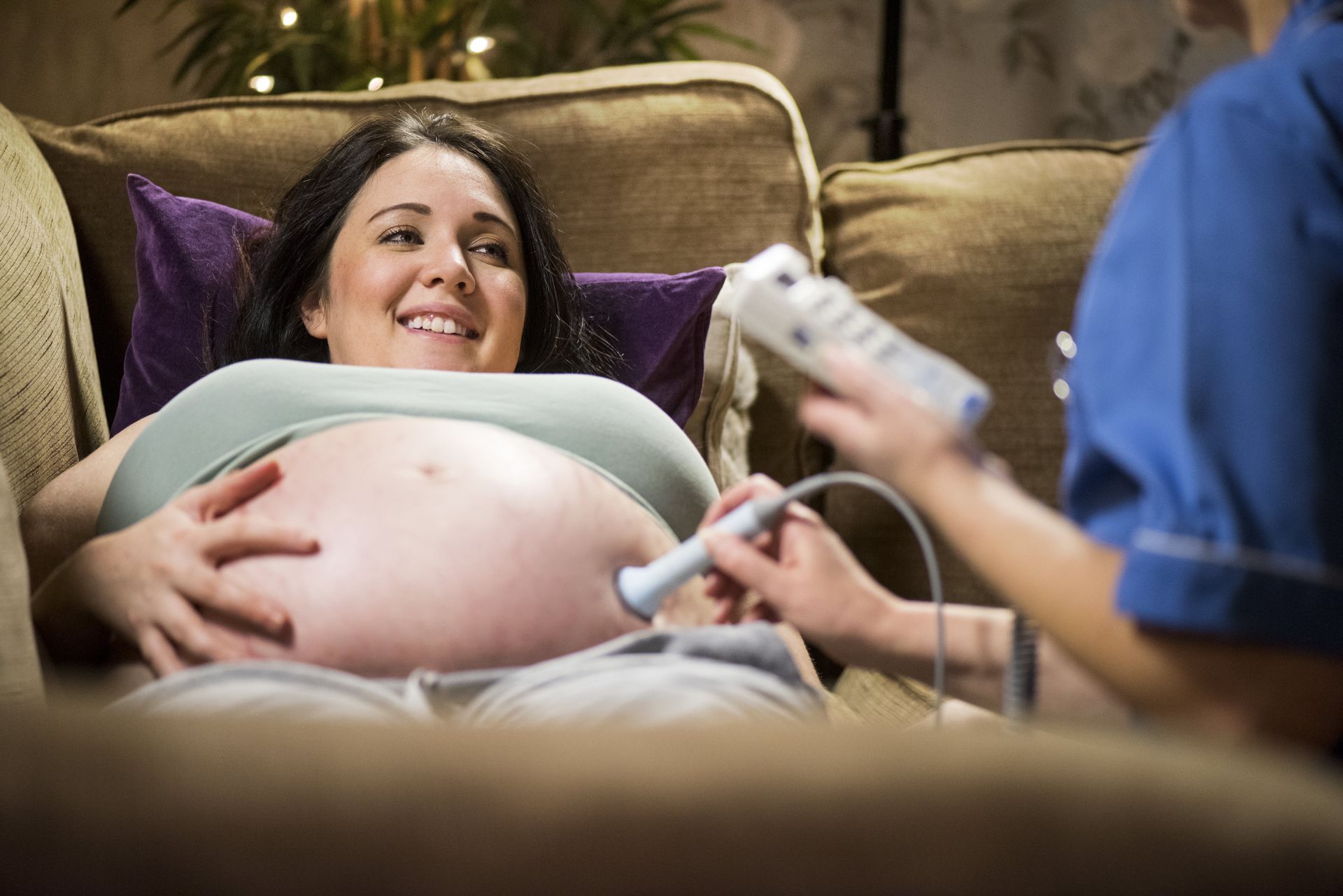FAQ
Frequently Asked Questions
What are the benefits of planning a homebirth with a midwife?
Having your baby at home has so many benefits! Giving birth in your own environment makes it easier for you to follow your own natural rhythms. When you birth your baby at home, you can eat if you are hungry, go outside for fresh air or soak in a deep tub of warm water. You decide who will be with you during the birth. It’s your choice to birth your baby in a birth tub, in your bed, on the birth stool or into the hands of your partner. One of the best parts of having your baby at home is that you don’t have to go anywhere afterwards. After your midwife does all the necessary check-ups postpartum, and makes sure everyone is healthy, she cleans up. By the time she leaves, you can’t even tell a birth took place there. An added benefit of choosing a homebirth midwife are the home visits that are provided in the days following your birth. It’s very nourishing and restorative to be able to recover in your own home.
Homebirth midwives give families information and choices about their care. Your birth is truly yours.
For women with normal, low-risk pregnancies studies show that homebirth care reduces the risk of complications from unnecessary interventions. In fact, in a recent study of over 5,000 home births, women under the care of CPMs had substantially lower rates of intervention, including epidural, episiotomy, vacuum extraction, forceps-assisted delivery and cesarean sections. Homebirth midwifery care also yields higher rates of success with breastfeeding.

Is a homebirth expensive?
The cost of a typical birth at home is usually less than half of that of a normal, uncomplicated birth in the hospital.
Certified Professional Midwives most often offer flexible payment plans and work with you if financial circumstances prove a barrier to you getting the kind of care you desire. We are providers with Vermont State Medicaid, as well as certain private insurances. What your insurance covers is determined by your particular plan and what the out-of-pocket expectations are for that plan. Ask the midwives near you what types of insurance they work with or call your insurance carrier for more information.
Don’t assume that your insurance won’t cover your birth at home--many do!
What kind of education does a midwife in Vermont need to have?
In order to obtain a midwifery license (LM) in the state of Vermont one must first earn the national credential, the CPM (Certified Professional Midwife). This credential is awarded by NARM (the North American Registry of Midwives) and there are multiple routes to earn this credential. Go to http://narm.org/entry-level-applicants/
for details.
Basically, all routes include a minimum of 2 years of clinical apprenticeship during which a specific number and variety of clinical skills must be mastered. Once an applicant has gained enough experience and knowledge of maternity and newborn care, he or she must pass a day-long skills and didactic exam. After an individual has earned their certification they can apply to become licensed in Vermont. In order to earn and maintain their license, VT midwives must also: maintain current CPR and Neonatal Resuscitation Protocol (NRP) certifications, earn continuing education credits, and participate in the peer review process with other licensed midwives. Certified Nurse Midwives (CNMs) and Naturopathic Doctors (NDs) sometimes also provide homebirth services in VT and have their own educational routes and licensing requirements.
What kind of prenatal and postpartum care do homebirth midwives provide?
Homebirth midwives offer the same prenatal visit schedule that hospital providers offer. (Monthly until 28 weeks, then every two weeks until 36 weeks, then weekly until the birth.) Homebirth Midwives typically do several postpartum visits with a few of these being in your home. These occur on the day following the birth and continue until 6 weeks postpartum.
Homebirth midwives often spend close to an hour at each visit monitoring the health of the client and her baby. The cornerstone of midwifery care is offering informed-consent. We enjoy teaching and sharing information regarding evidence based care.
Homebirth midwives in VT offer similar in-office procedures as hospital providers, and when they don’t offer something you are interested in they can refer you out for the procedures that are important or necessary to you. They order ultrasounds, genetic screenings, and consultations with specialists at local hospitals if desired or necessary. Many midwives offer venipuncture (blood draws) and urine testing in-office. There are numerous newborn procedures midwives offer clients for their babies. They include: vitamin k, antibiotic eye ointment, metabolic screening, critical congenital heart defect screening, and hearing screenings. Homebirth midwives discuss all of the above options with families and offer families a choice about which procedures are right for them and their babies.

What happens if an emergency occurs at a birth at home?
Occasionally, situations arise where hospital birth is clearly best. CPM’s monitor the mother and baby closely and respond promptly to any deviations from normal. With careful attention, many complications can be avoided. Of course, birth is dynamic and complications can arise without warning. For this reason CPM’s maintain training in CPR and Neonatal Resuscitation, as well as other skills to manage complications should they arise. When a situation requires hospital transport, our care and attention remains constant while including the help of additional healthcare providers. The overall goal is for you to have a safe and satisfying experience.
How do I manage the pain of childbirth at home?
There are many techniques to manage pain available to you at home. Midwives do not carry medications for pain relief nor are epidurals available at home. There is a great variety of childbirth education classes available to help you come up with a set of tools to manage the sensations of childbirth. Some favorites are: hypnotherapy, warm water either in a birth tub or just in the shower or bathtub, relaxation techniques, partner support, massage, support from a doula, labor support and encouragement from your midwife.
Your midwife will help you with ideas during your labor as well. If you ever decide the sensations of childbirth are too intense, your midwife will help you arrange to transfer to the hospital for medical pain relief.
Will my house be messy after?
Homebirth midwives know lots of tricks for protecting your space. They also know lots of tricks for helping clean up. When your midwife leaves your house you may have a couple loads of laundry that need doing, but it isn’t apparent that a birth happened in your home (besides that baby!)
